Let us take the stress out of your move to portugal
We provide everything you need, before and upon arrival, in your move to Portugal and to successfully start your new life in Portugal.
The Essential Checklist FOR Moving to Portugal
Relocating to Portugal is an exciting opportunity filled with the promise of beautiful landscapes, a rich cultural history, and a warm, welcoming climate. Whether you’re drawn to the bustling city life of Lisbon, the coastal charm of the Algarve, or the tranquil countryside, moving to this vibrant country requires careful planning and preparation.
1. Decide Where You Want to Live
Portugal offers diverse living options, from the vibrant cities of Lisbon and Porto to the tranquil beaches of the Algarve and the picturesque countryside of Central Portugal. Whether you prefer an urban lifestyle, a coastal retreat, or a quieter rural environment, it’s important to explore the regions and choose an area that aligns with your personal preferences and needs. Research factors such as cost of living, local amenities, transport links, and expat communities to help narrow down the best location for your new life in Portugal.
2. Residency Visa Application
Non-EU citizens must obtain a residency visa to legally reside in Portugal. Start this process well in advance, as it can take several months. Common visa options include the D7 visa for retirees and individuals with passive income, or the Golden Visa for investors. The application process requires documentation such as proof of income, health insurance, and a criminal background check, so it’s important to gather the necessary paperwork and ensure you meet the eligibility criteria before applying.
3. Housing Research
Whether you plan to rent or buy, understanding the local housing market is crucial. Research property prices, rental costs, and neighborhood amenities in your desired location. Working with a local real estate agent can help you navigate the market and the legalities involved in property transactions. If you’re buying, consider the added costs like property taxes, registration fees, and legal costs. For renting, be mindful of lease agreements and security deposits, which may differ from your home country.
4. Financial Planning
Organize your finances well before your move. This includes opening a Portuguese bank account, understanding the cost of living, and planning for any tax implications. Portugal has tax treaties with many countries, so investigate whether you will benefit from tax exemptions or reductions. Also, consider how currency exchange rates and transferring funds between countries will impact your budget.
5. Healthcare Arrangements
Portugal has a public healthcare system (SNS), but non-EU citizens will need to register for it, which usually requires residency status. You may want to supplement public healthcare with private insurance, especially for shorter wait times or broader coverage. Before you move, ensure that your current health insurance or travel insurance covers you during the transition period, and bring sufficient supplies of any prescription medications you require until you’re settled into the local healthcare system.
6. Arranging Your Pet’s Move
If you’re bringing pets, make sure they comply with Portuguese pet import regulations. This includes ensuring your pet has a microchip, up-to-date vaccinations (especially for rabies), and an EU Pet Passport or a certified veterinary health certificate. Quarantine is generally not required, but proper documentation is essential. Make sure to arrange pet-friendly accommodation and prepare for any customs checks at the border to ensure your pet’s arrival is stress-free.
7. Education for Children
If you’re moving with children, researching schooling options is critical. Portugal offers a range of education options, including public schools, private schools, and international schools. Public schools are free and follow the national curriculum, but classes are taught in Portuguese. International schools offer education in English or other languages, but these can be expensive. Consider your child’s age, language ability, and the type of education you want them to receive when selecting the best option.
8. International Driving Permit
If you plan to drive in Portugal, an International Driving Permit (IDP) can be useful for the initial months, but after residency, you’ll need to exchange your foreign license for a Portuguese one. EU citizens can use their licenses without an issue, while non-EU citizens may need to take a driving test depending on their country of origin. Additionally, familiarize yourself with Portugal’s road rules, traffic signs, and toll systems to ensure smooth driving experiences.
9. Learning the Language
While many Portuguese people speak English, particularly in urban areas and the Algarve, learning Portuguese will greatly enhance your experience. Understanding the language will help you integrate into the community, navigate daily life, and handle bureaucracy more easily. Many local institutions offer language courses, and learning even basic phrases before your move can be beneficial. Apps, online courses, or private lessons can also help you improve your language skills over time.
10. Packing and Shipping
When moving your belongings, decide what to bring and what to leave behind, especially considering the cost of international shipping and the space in your new home. Research international shipping companies and review Portuguese customs regulations to avoid surprises at the border. Some items may be subject to duties or prohibited from import. If you’re bringing electrical appliances, check if they are compatible with Portugal’s voltage (230V) and plug type (Type C and F) before shipping.
How We Can Help You Make Portugal Home
Before you move
- Immigration Visa
- Getting a Tax Number (NIF)
- Opening a Bank Account
- Health Travel Insurance
- House Research
- Choosing a Moving Company
- School Search and Enrollment
- Hiring a Home Renovation Service
- Pet Travel Assistant
Upon your arrival
- Setting Up Utilities
- National Health Service Registration (SNS)
- Social Security Identification Number (NISS)
- European Health Insurance Card (EHIC)
- Fiscal Tax Representation
- Furniture Delivery & Assembly
- Exchange of Foreign Driving License
- Applying for the NHR Tax Regime
- Income Annual Tax Return
- Parish Council Residency Certificate
- Resident Parking Card
Relocating to Portugal from Around the World
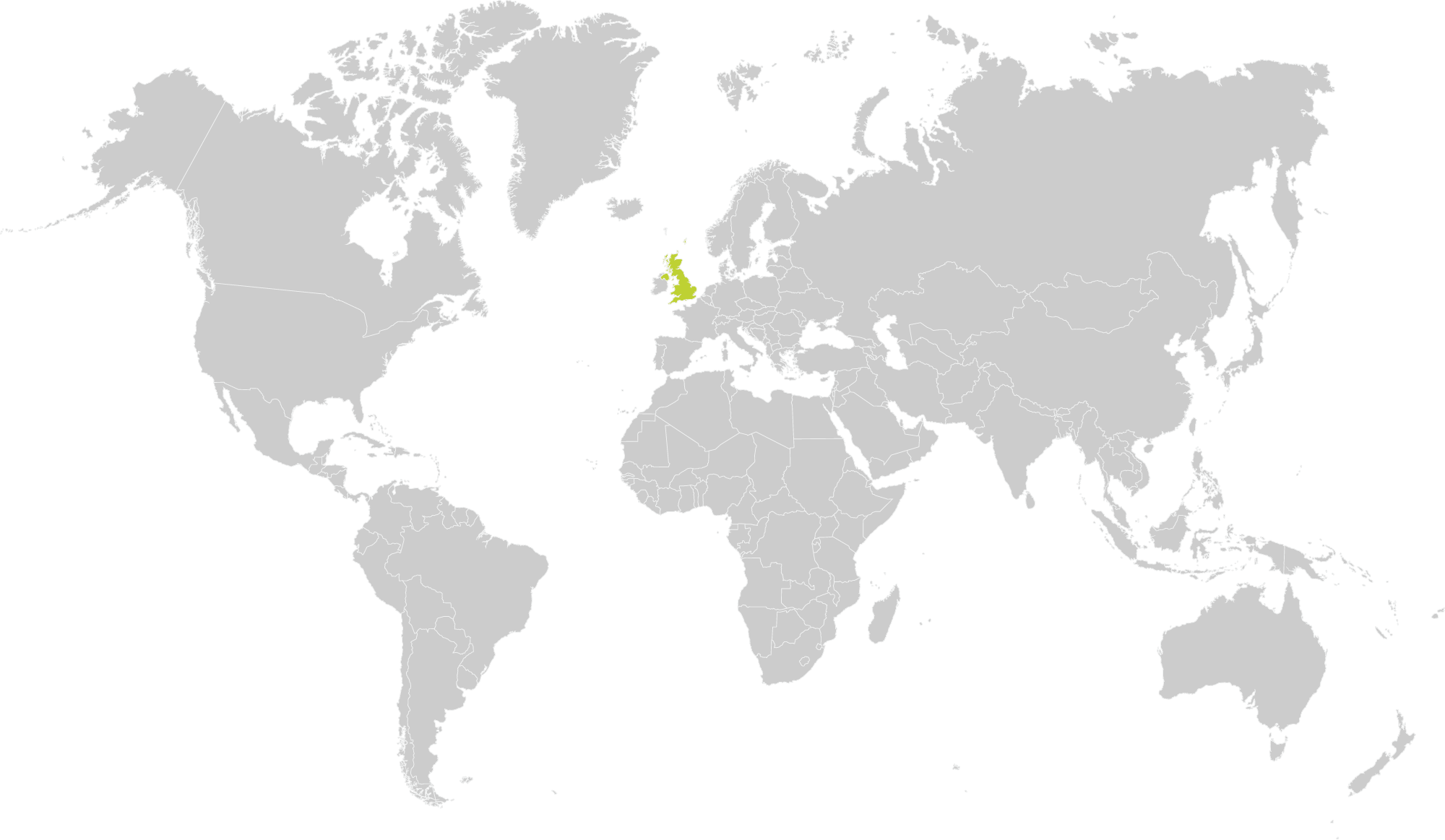
Making the move from the UK to Portugal is an exciting adventure that promises stunning landscapes, rich culture, and a vibrant lifestyle. With its beautiful coastlines, delicious cuisine, and friendly locals, Portugal has become a favored destination for British expats seeking a new beginning. Whether you’re looking for a peaceful rural retreat or a bustling city life in Lisbon or Porto, navigating the relocation process is key.
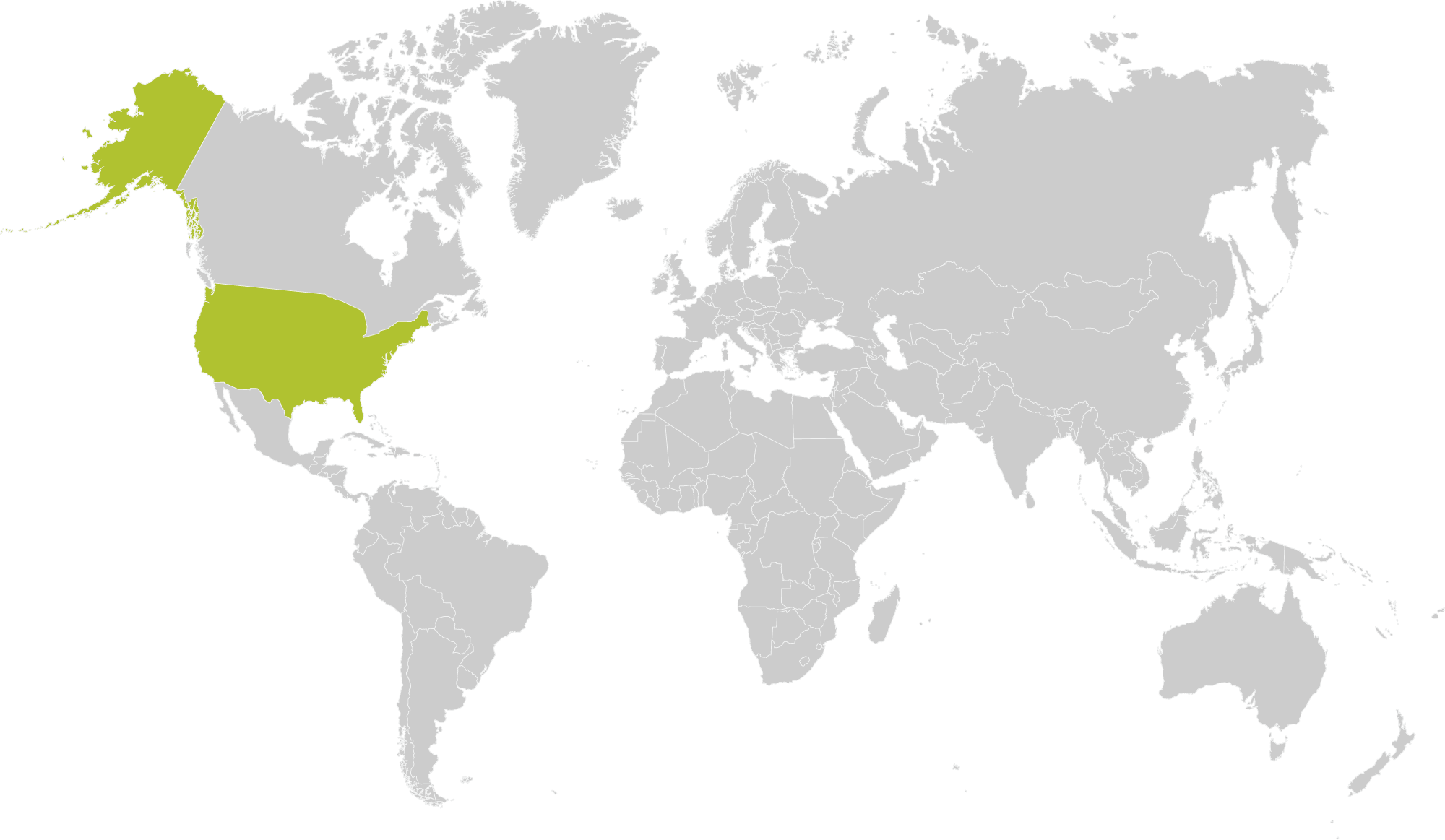
Relocating from the USA to Portugal opens the door to a unique blend of European culture and breathtaking scenery. With its warm climate, historical sites, and an inviting atmosphere, Portugal has become increasingly popular among American expats. Whether you’re drawn to the bustling urban life of Lisbon or the picturesque beaches of the Algarve, making the transition involves understanding visa regulations, housing options, and local customs.
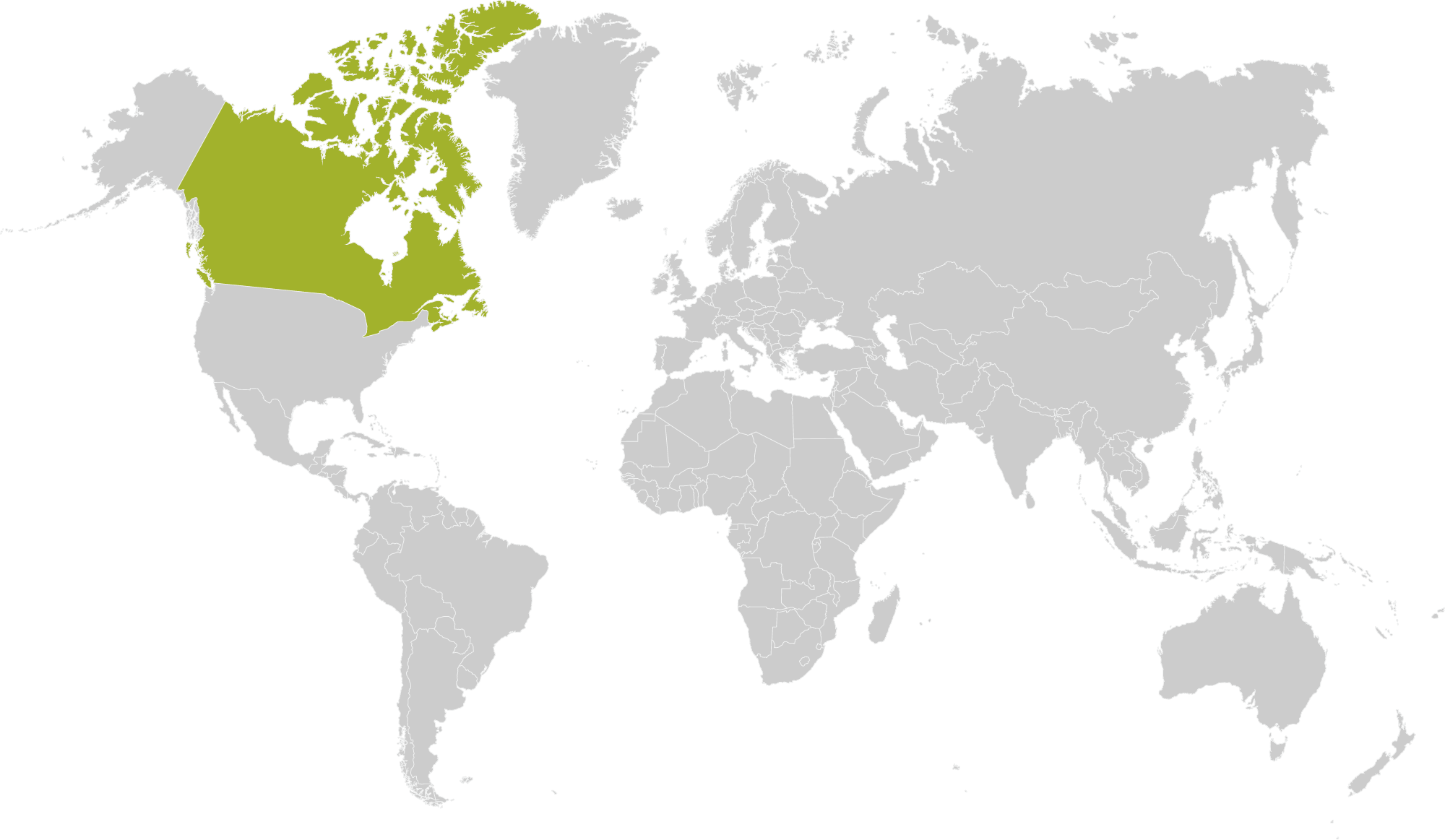
For Canadians seeking a change of scenery, moving to Portugal offers a rich cultural experience combined with a welcoming community and stunning landscapes. From the beautiful coastal towns to vibrant cities, Portugal’s diverse regions cater to all lifestyles. Canadians are often drawn to Portugal’s mild climate, excellent healthcare system, and relatively affordable cost of living.
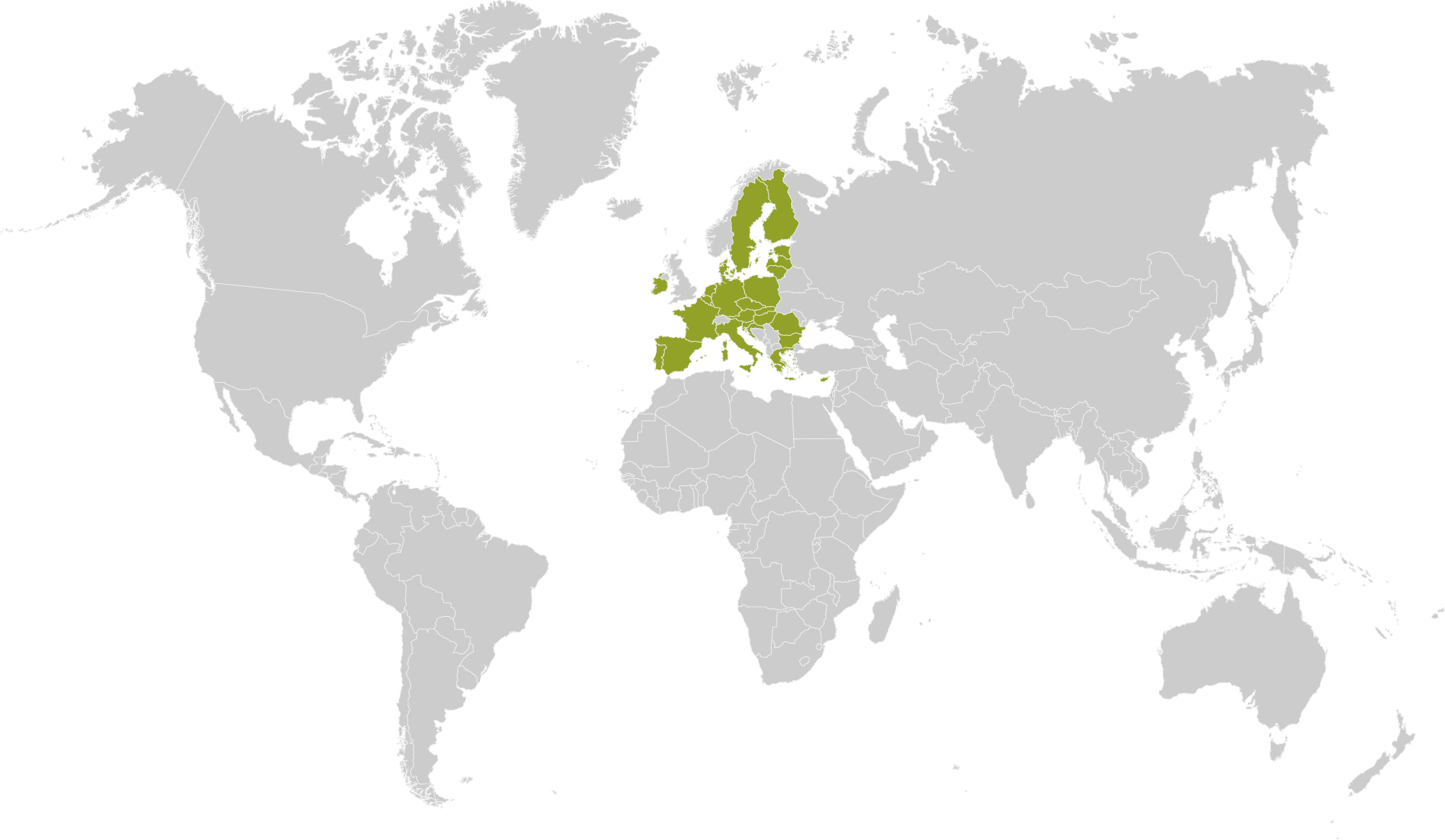
Relocating to Portugal from another EU country is significantly easier compared to non-EU countries. As an EU citizen, you won’t need a visa or face the same immigration hurdles, allowing for a more seamless move. Additionally, Portugal’s culture shares similarities with other EU nations, making the adjustment smoother for European expats. Whether you’re looking for employment, education, or simply a new lifestyle, the process is streamlined and welcoming for EU residents.
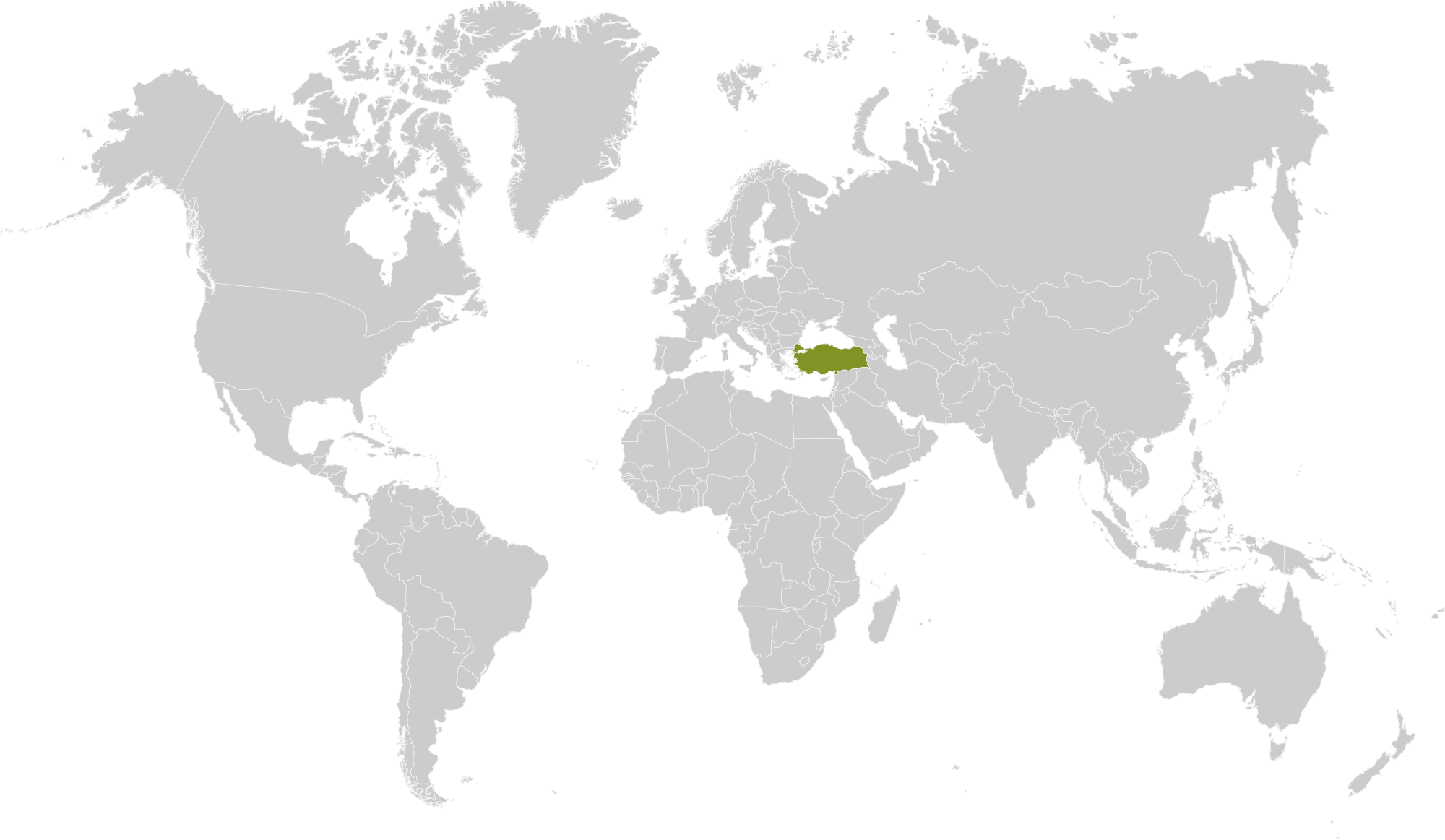
Moving to Portugal from Turkey is an exciting opportunity to immerse yourself in a vibrant culture, enjoy beautiful landscapes, and benefit from Portugal’s high quality of life. Both countries share a deep appreciation for family, community, and hospitality, which can make the transition smoother for Turkish expats. Many Turkish people also feel a close connection to European culture, especially in terms of lifestyle, cuisine, and social customs, which can make adapting to life in Portugal even easier.
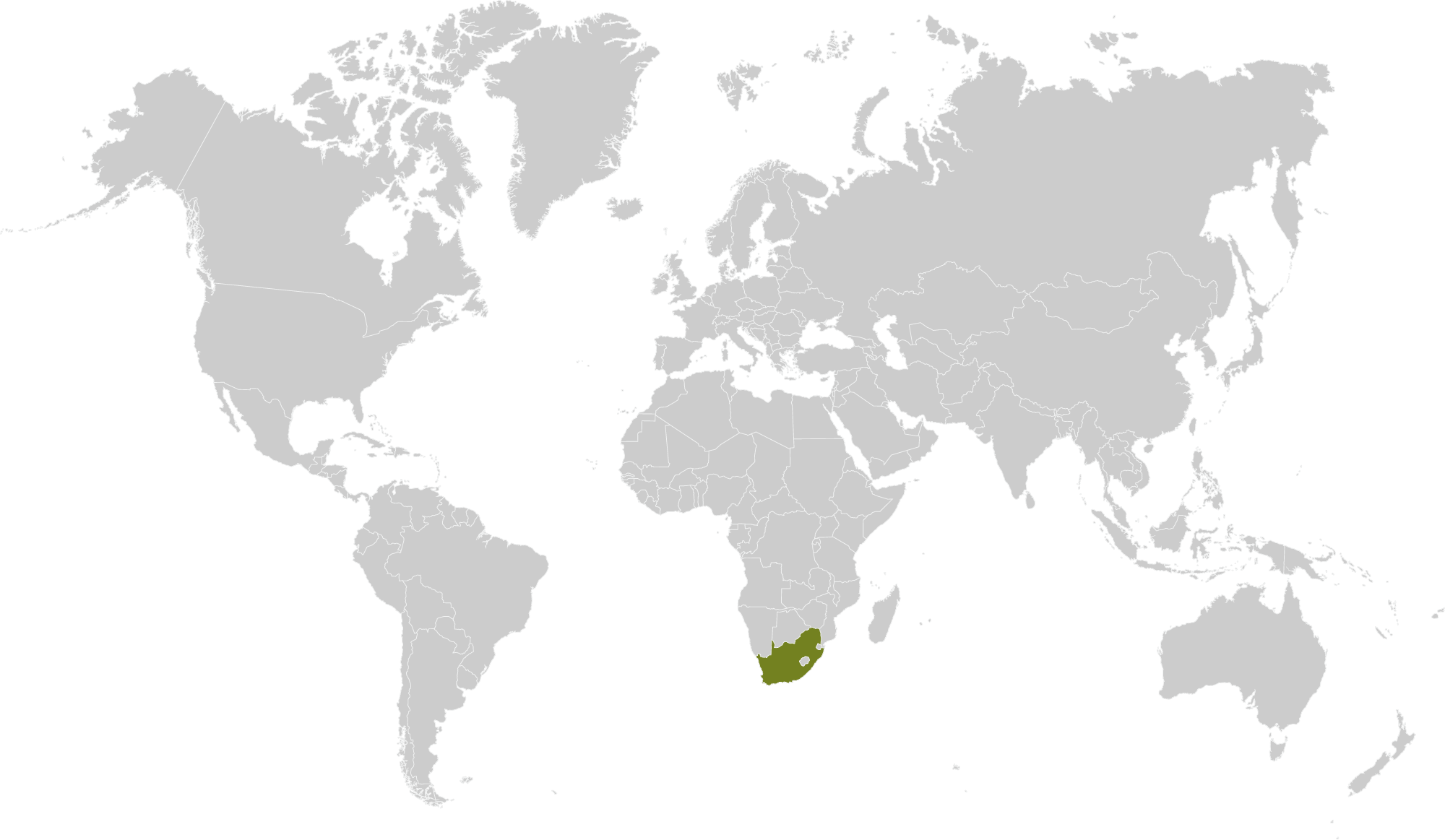
Moving from South Africa to Portugal is an exciting opportunity to experience a new culture while enjoying the stunning natural beauty that Portugal has to offer. Known for its rich history, delicious food, and friendly locals, Portugal presents a welcoming environment for South African expats. Whether you are moving for work, retirement, or a new adventure, it’s essential to navigate the intricacies of obtaining residency, finding accommodation, and integrating into the local community.
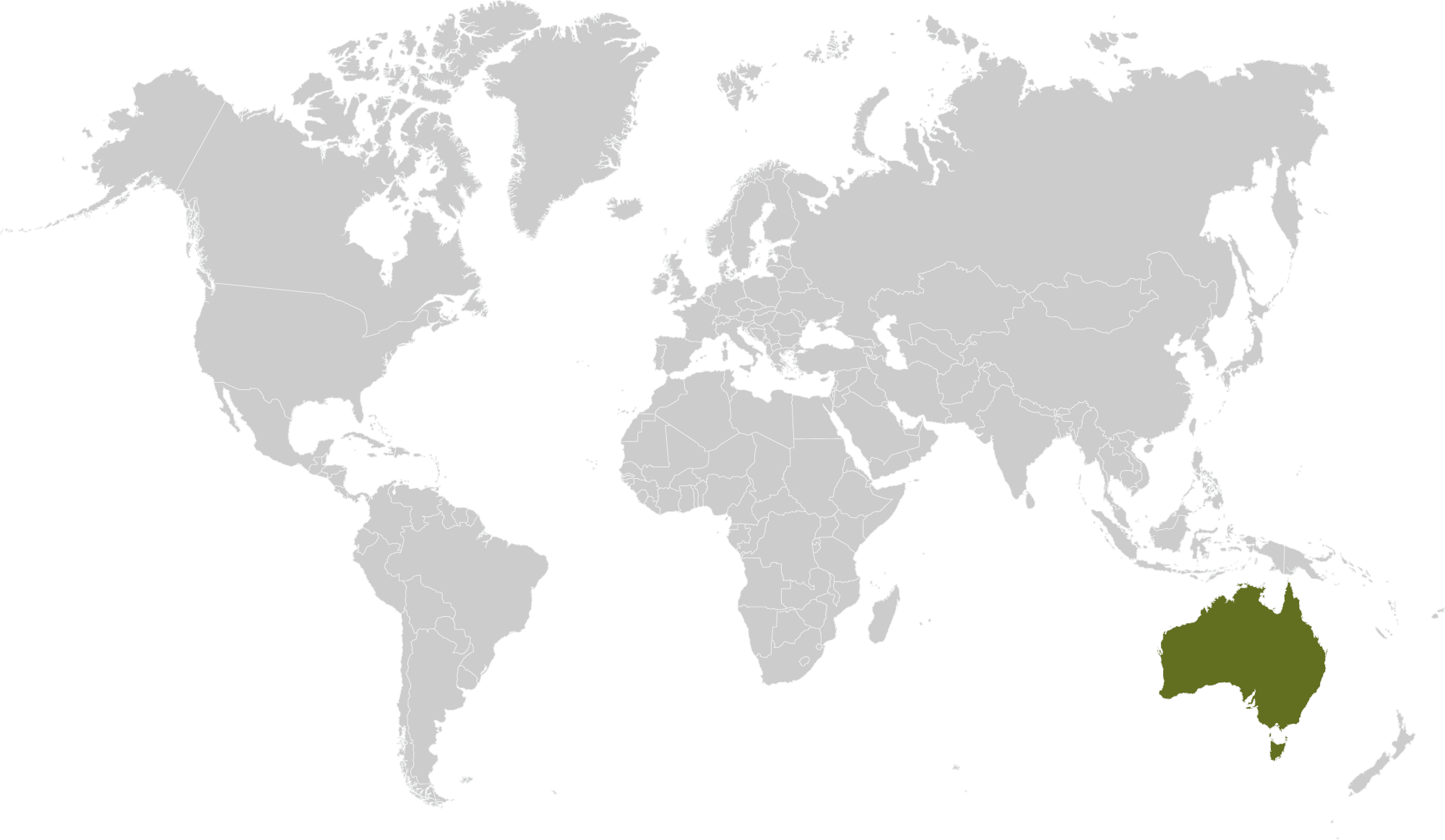
For Australians considering a move to Portugal, the allure of stunning coastlines, rich culture, and a relaxed lifestyle is hard to resist. Portugal’s warm climate, friendly communities, and delectable cuisine make it an attractive destination for those seeking a change. Whether you are looking to embrace urban living in Lisbon or enjoy the tranquility of the Algarve, understanding the practicalities of relocating, such as visa requirements and housing, is crucial.
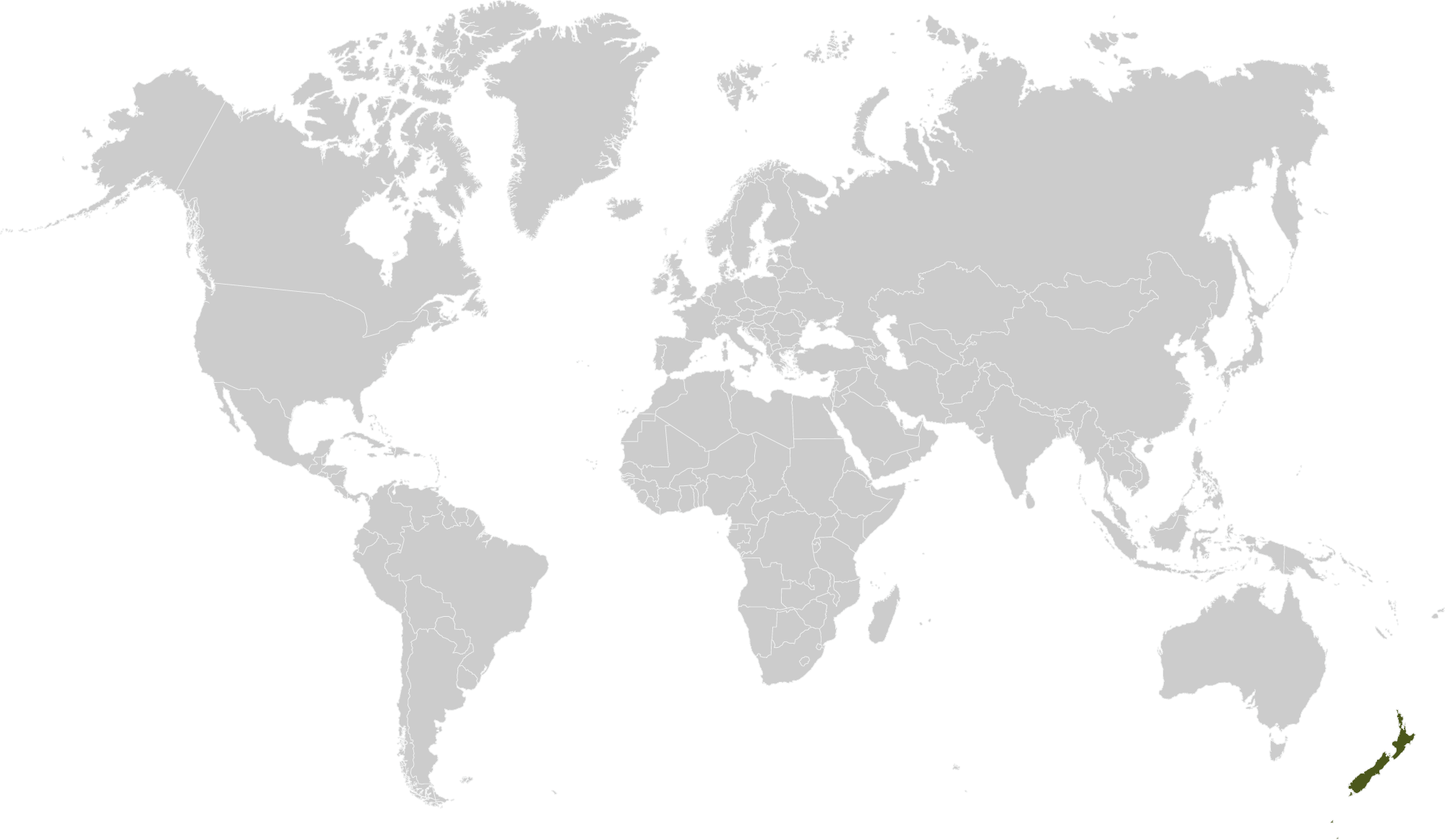
Moving from New Zealand to Portugal is an adventure filled with the promise of new experiences and opportunities. Known for its captivating landscapes, historic architecture, and vibrant culture, Portugal is a welcoming destination for Kiwi expats. Whether you’re seeking a lively city life or a serene rural escape, understanding the relocation process, including residency permits and local amenities, will be vital to your success.
Frequently asked questions about Moving to Portugal
What do you need to obtain residency in Portugal?
To obtain residency in Portugal, you’ll need a valid visa (if you’re a non-EU citizen) such as a D7, Golden Visa, or Digital Nomad Visa. Requirements generally include proof of sufficient financial resources, a valid rental contract or property ownership, health insurance, and a clean criminal record. After arriving, you’ll apply for a residence permit at AIMA (Portuguese Immigration Authorities).
Are there international schools available in Portugal?
Yes, Portugal has a variety of international schools, especially in cities like Lisbon, Porto, and the Algarve. These schools offer different curriculums, including British, American, French, and International Baccalaureate (IB), catering to the needs of expat families.
How much money is required to move to Portugal?
The cost of moving to Portugal varies depending on your lifestyle and location. For a D7 or other visa types, financial requirements typically include having a stable income of at least €820 (the Portuguese minimum wage) per month and savings of at least €9,840 annually. However, moving costs (housing, relocation services, legal fees, etc.) should also be factored in, depending on your circumstances.
Is healthcare free in Portugal?
Portugal has a public healthcare system (SNS) that is heavily subsidized but not entirely free. Residents, including expats, can access public healthcare at low costs, although some services, like specialist consultations and dental care, may require additional fees. Private health insurance is also widely available for those who prefer private care.
Is Portugal safe?
Yes, Portugal is considered one of the safest countries in the world regularly ranked as the sixth safest country in the world according to the Global Peace Index 2023, with a low crime rate and a peaceful atmosphere. Petty crime like pickpocketing can occur in tourist-heavy areas, but overall, it’s a very safe place for residents and visitors alike.
What are some disadvantages of living in Portugal?
Some disadvantages of living in Portugal include lower average salaries compared to other Western European countries, bureaucracy that can slow down administrative processes, and language barriers, especially in more rural areas. Additionally, in popular expat destinations, the cost of living has increased in recent years.
Can I relocate to Portugal without a job?
Yes, you can relocate to Portugal without a job through various visa options, such as the D7 Visa, which is designed for retirees or individuals with passive income. You will need to prove sufficient financial resources to support yourself while living in the country.
What are the advantages of the Digital Nomad Visa in Portugal?
The Digital Nomad Visa in Portugal allows remote workers to live and work legally in the country while enjoying its high quality of life, affordable living costs, and favorable tax benefits. It provides flexibility, access to the public healthcare system, and the ability to travel freely within the Schengen Area.
Can non-EU citizens obtain Portuguese citizenship?
Yes, non-EU citizens can obtain Portuguese citizenship, typically after 5 years of legal residency. This can be achieved through various pathways, such as marriage to a Portuguese citizen, investment, or long-term residence. Portuguese citizenship also allows for dual citizenship, and the process involves meeting language proficiency and residency requirements.
Does Portuguese immigration law permit dual citizenship?
Yes, Portuguese immigration law allows for dual citizenship. Non-EU citizens can maintain their original nationality while acquiring Portuguese citizenship, provided their home country also permits dual nationality.
Where are the best places to live in Portugal?
The best places to live in Portugal depend on your lifestyle. Lisbon offers vibrant city life, Porto combines history with a modern touch, and the Algarve is perfect for beach lovers and retirees. Coimbra is a great option for those seeking a quieter, cultural atmosphere, while Cascais and Sintra are known for their charm and proximity to the coast.
What are the benefits of retiring in Portugal?
Retiring in Portugal offers numerous benefits, including a pleasant climate, affordable living costs, excellent healthcare, and a relaxed pace of life. The Non-Habitual Resident (NHR) tax regime can also provide retirees with favorable tax treatment for up to 10 years, and Portugal has a strong expat community, making it easier to integrate.
Do expats in Portugal have to pay social security tax?
Yes, expats who are employed or self-employed in Portugal are required to pay social security contributions, which cover healthcare, unemployment benefits, and pensions. The rate is generally around 11% for employees and 23.75% for employers.
Can citizens of non-EU countries travel within the EU?
Yes, non-EU citizens with a valid Portuguese residence permit can travel within the Schengen Area without needing a separate visa. This allows for free movement within most European countries.
What is the cost of living in Portugal like?
The cost of living in Portugal is relatively affordable compared to other Western European countries. However, it varies depending on location. Cities like Lisbon and Porto are more expensive, especially in terms of housing, while smaller towns and rural areas are more budget-friendly.
Is Portugal an expensive place to live?
Portugal is not considered an expensive place to live, particularly compared to countries like the UK, France, or Germany. While prices in major cities have risen in recent years, Portugal still offers affordable housing, dining, and entertainment options, especially outside of the main urban centers.
How much money is needed to live comfortably in Portugal?
For a comfortable lifestyle in Portugal, you can get by with €1,200 as a single person or around €2,000-€2,500 as a couple. Note that in the capital, however, costs are more expensive, particularly rent. If you are planning to move to Lisbon, take this into consideration. In smaller towns in Portugal, you can live very well as the cost of living is very low compared to many other western countries.
Is it possible to live in Portugal on €1200 a month?
Yes, it is possible to live in Portugal on €1,200 a month, especially in smaller towns or rural areas where rent and daily expenses are lower. However, this budget may be challenging in more expensive cities like Lisbon or Porto, where housing costs are higher.
Which city in Portugal offers the lowest cost of living?
Cities like Braga, Viseu, and Évora are known for their lower cost of living compared to Lisbon or Porto. In these cities, housing, groceries, and general expenses tend to be much more affordable, making them ideal for budget-conscious expats.
What is the average cost of living in Portugal?
The average cost of living in Portugal ranges from €1,200 to €2,000 per month, depending on the city and lifestyle. This includes rent, utilities, groceries, transportation, and other daily expenses. Major cities like Lisbon are on the higher end, while smaller towns and rural areas are more affordable.
How Can I Get a Portuguese Passport?
To obtain a Portuguese passport, you must first acquire Portuguese citizenship. This can be achieved after 5 years of legal residency in Portugal (through visas such as the Golden Visa or D7 Visa), marriage to a Portuguese citizen, or descent. Once you meet the residency and language requirements, you can apply for citizenship, which allows you to obtain a Portuguese passport.
Why are more Americans choosing to relocate to Portugal?
Many Americans are relocating to Portugal due to its high quality of life, relatively low cost of living, favorable tax regimes (such as the Non-Habitual Resident program), access to excellent healthcare, and its safety. Additionally, the Portugal Golden Visa provides a pathway to residency and citizenship, making it an attractive option for those seeking EU residency rights.
Get in touch with us
Let us know what you’re looking for in Portugal, and we’ll ensure everything fits for your new adventure.




